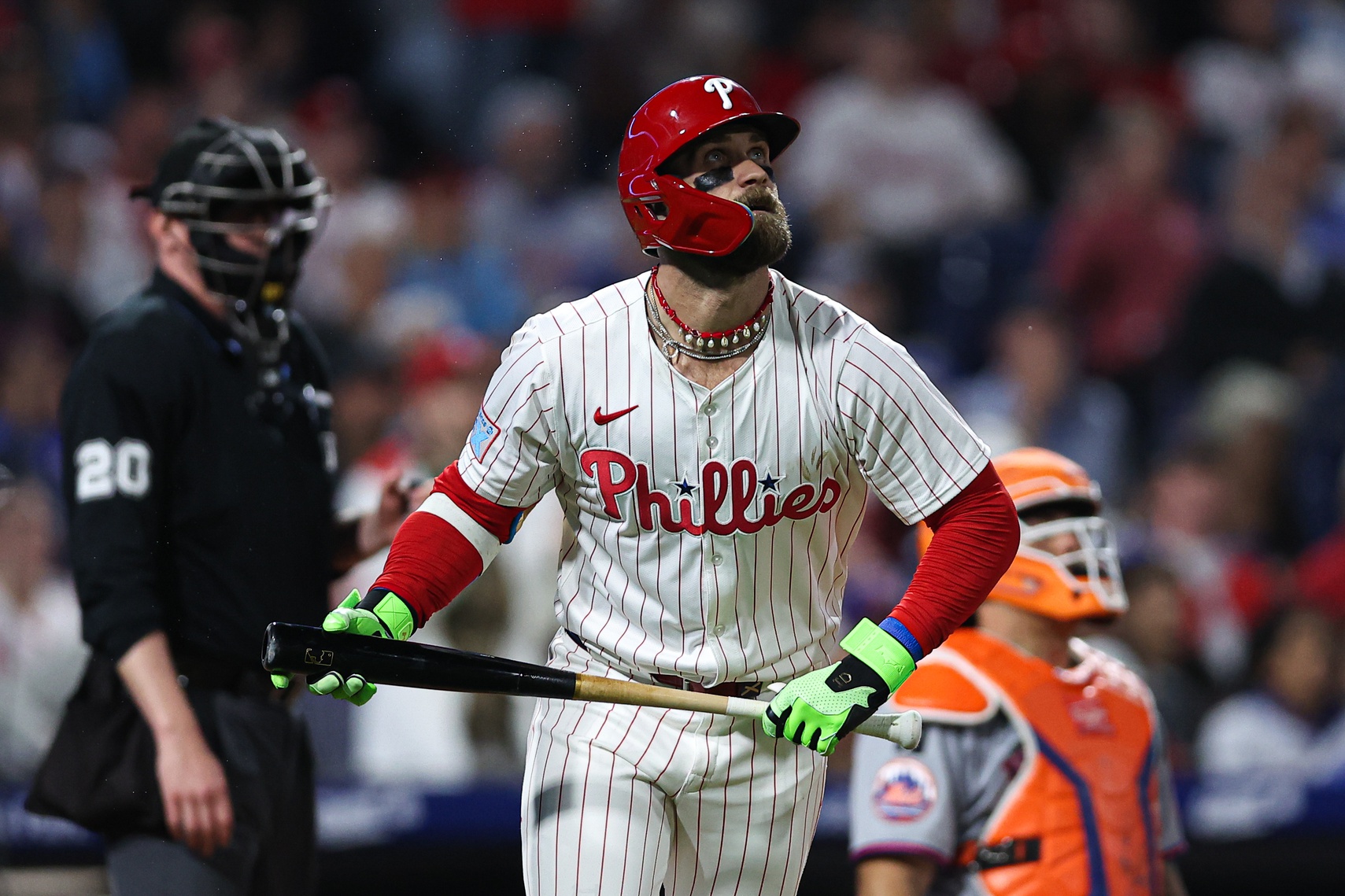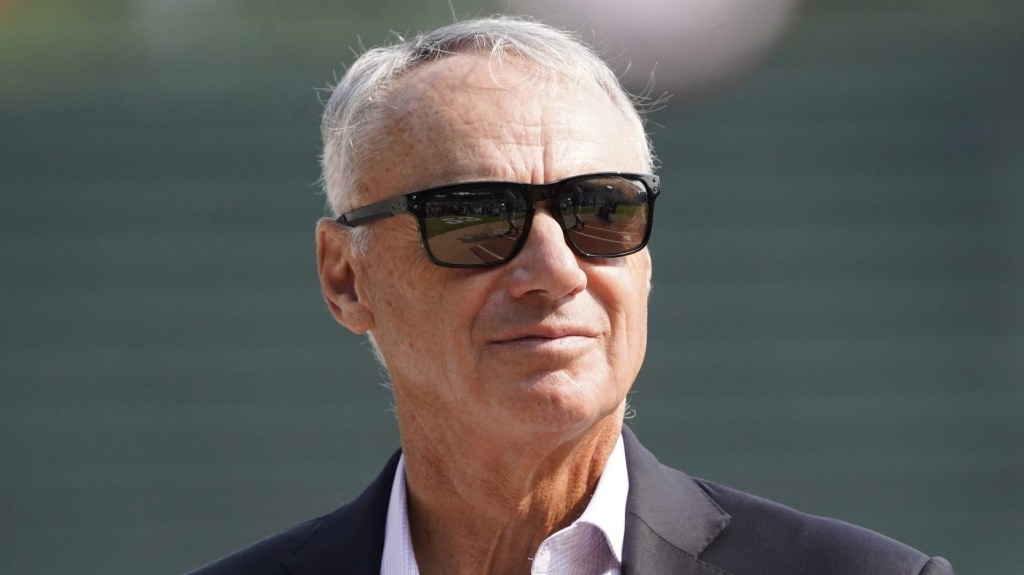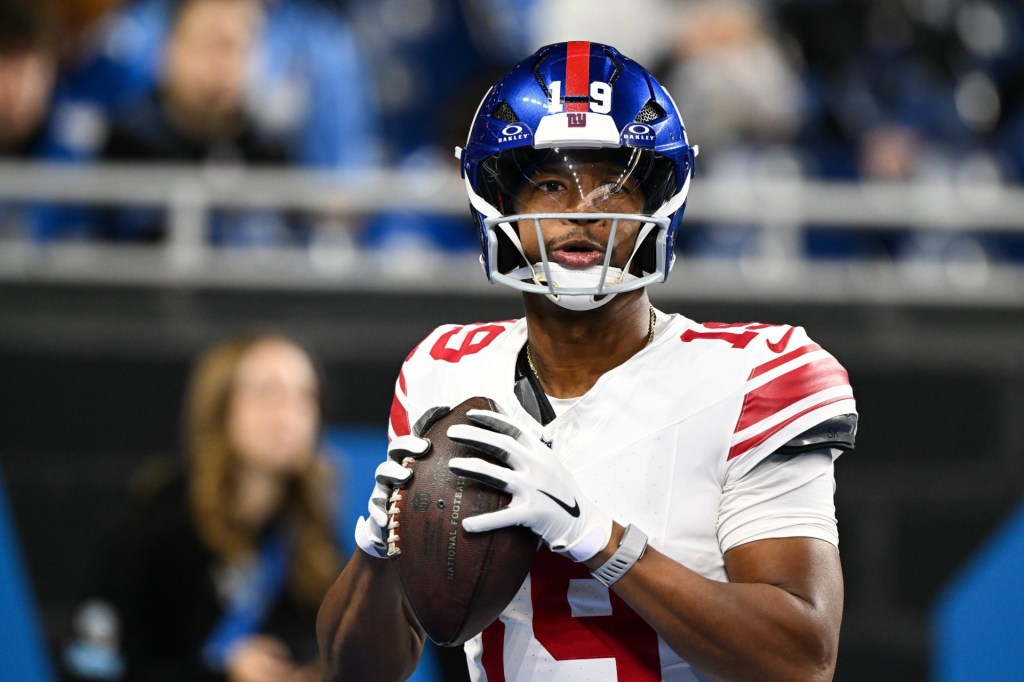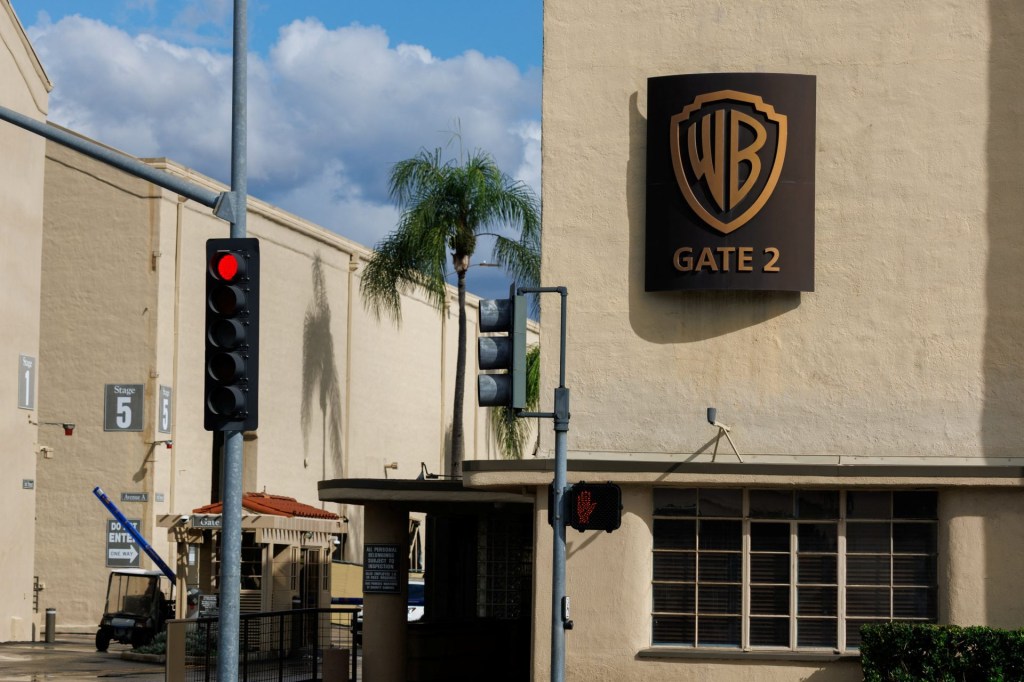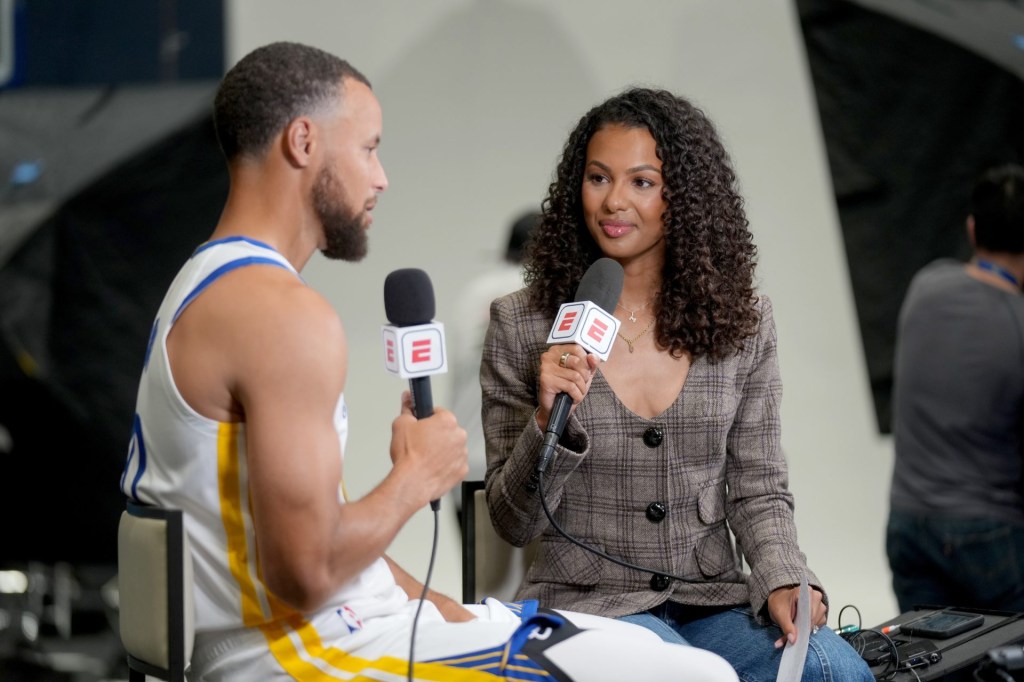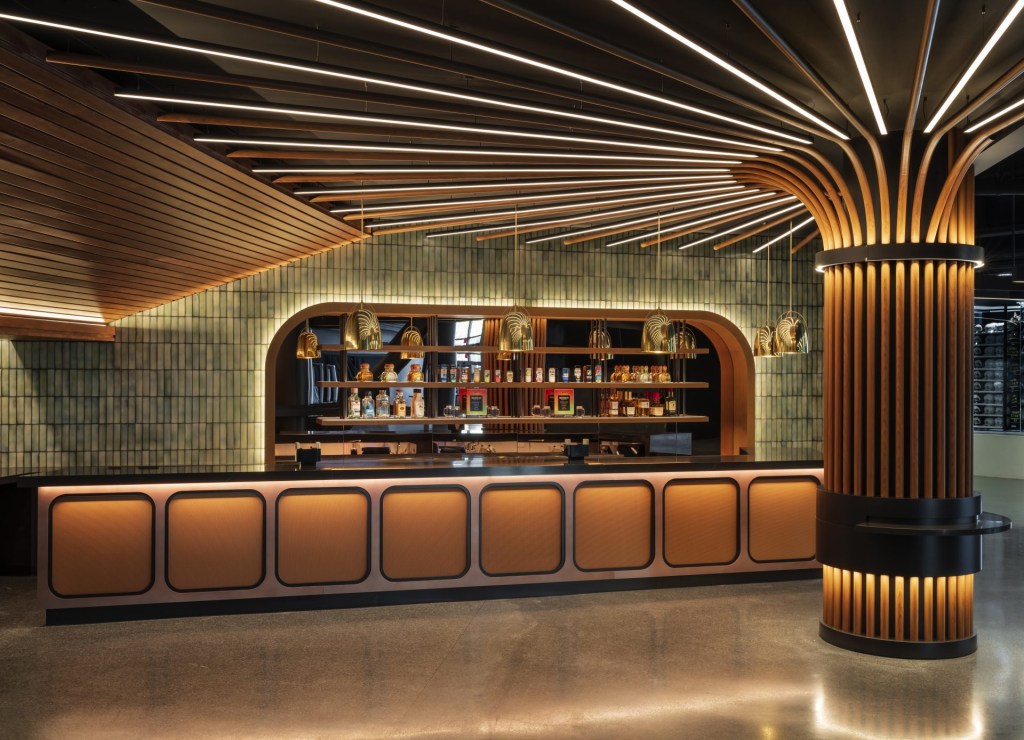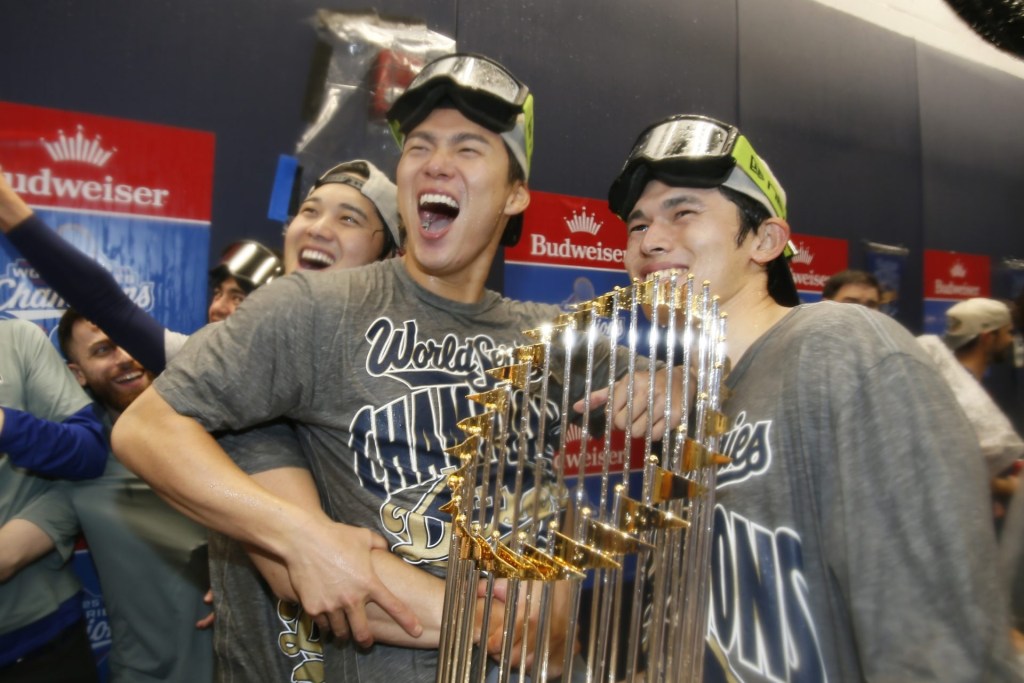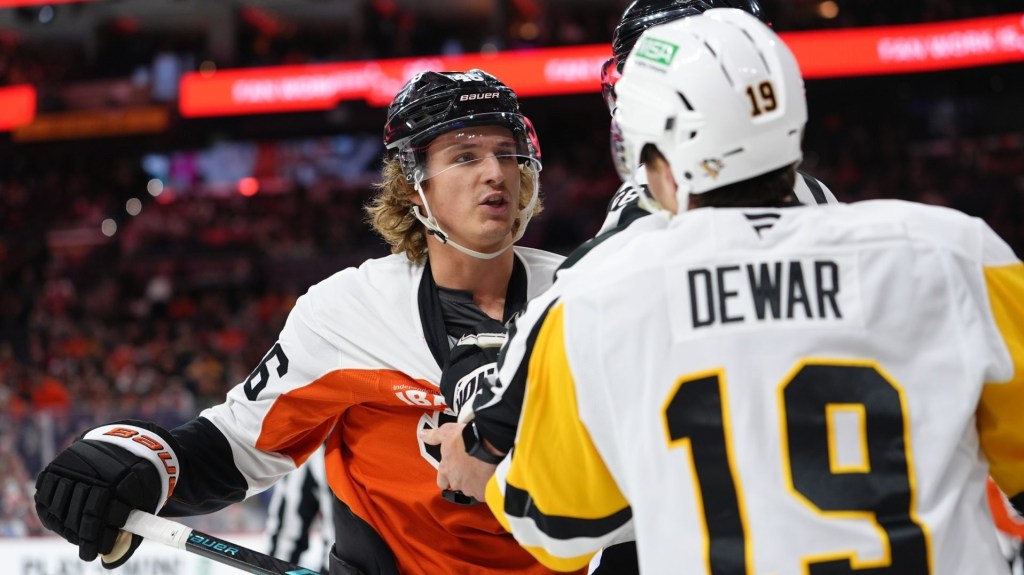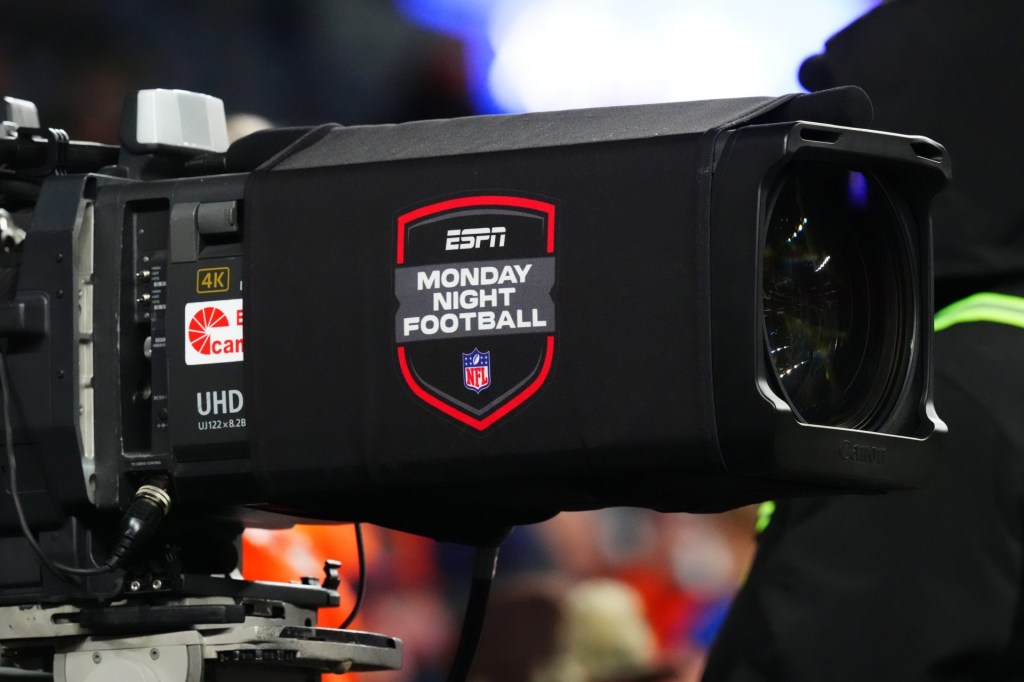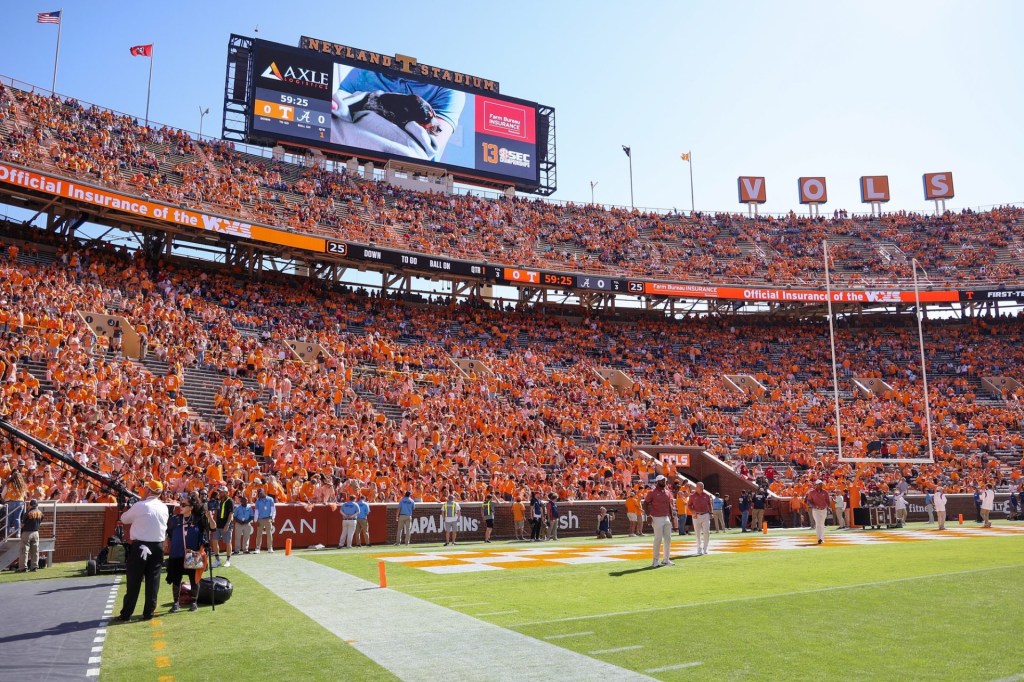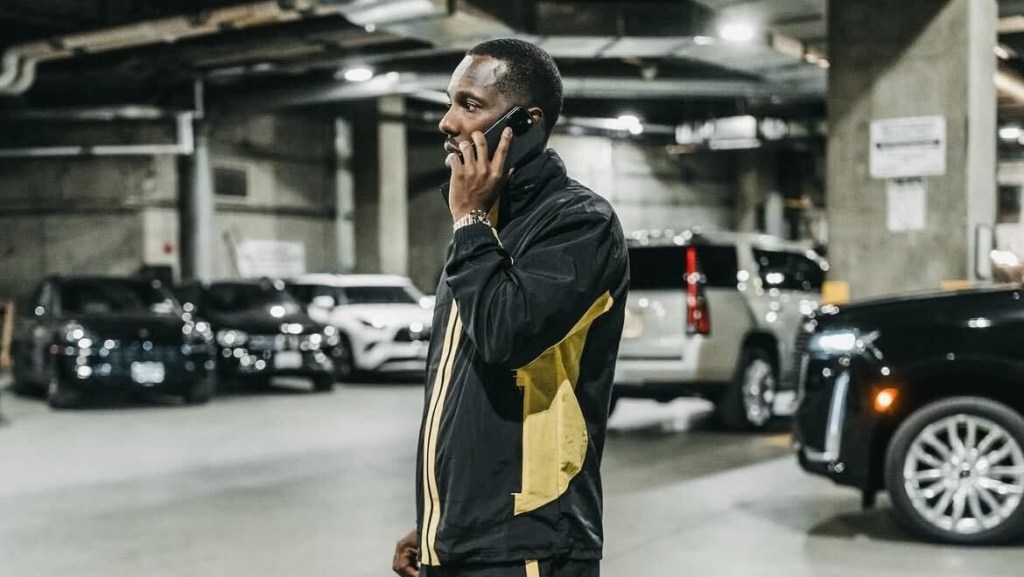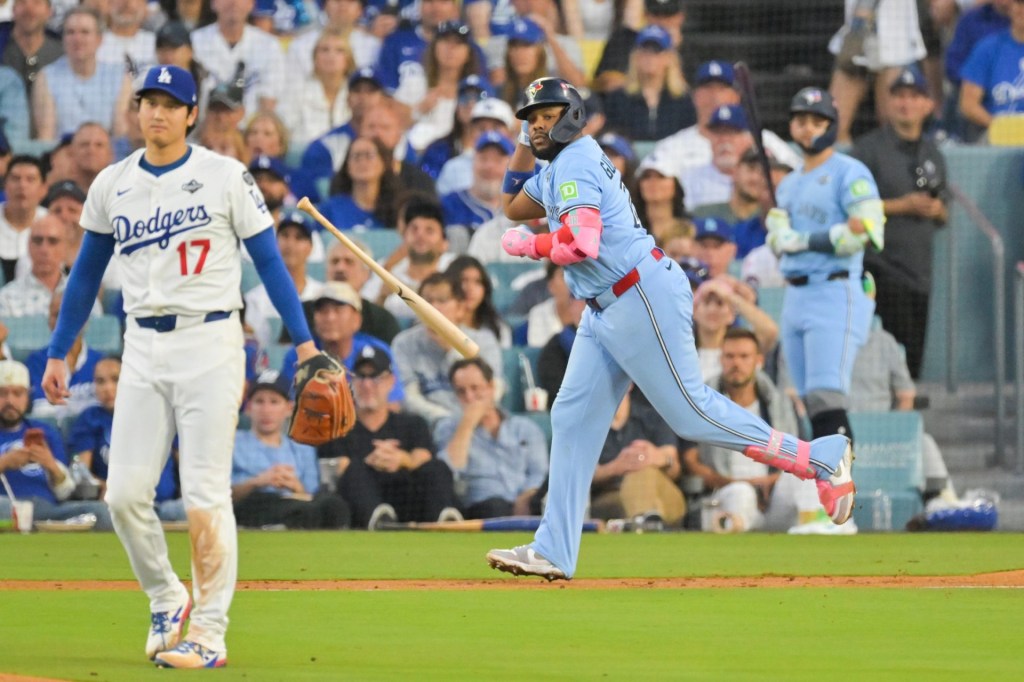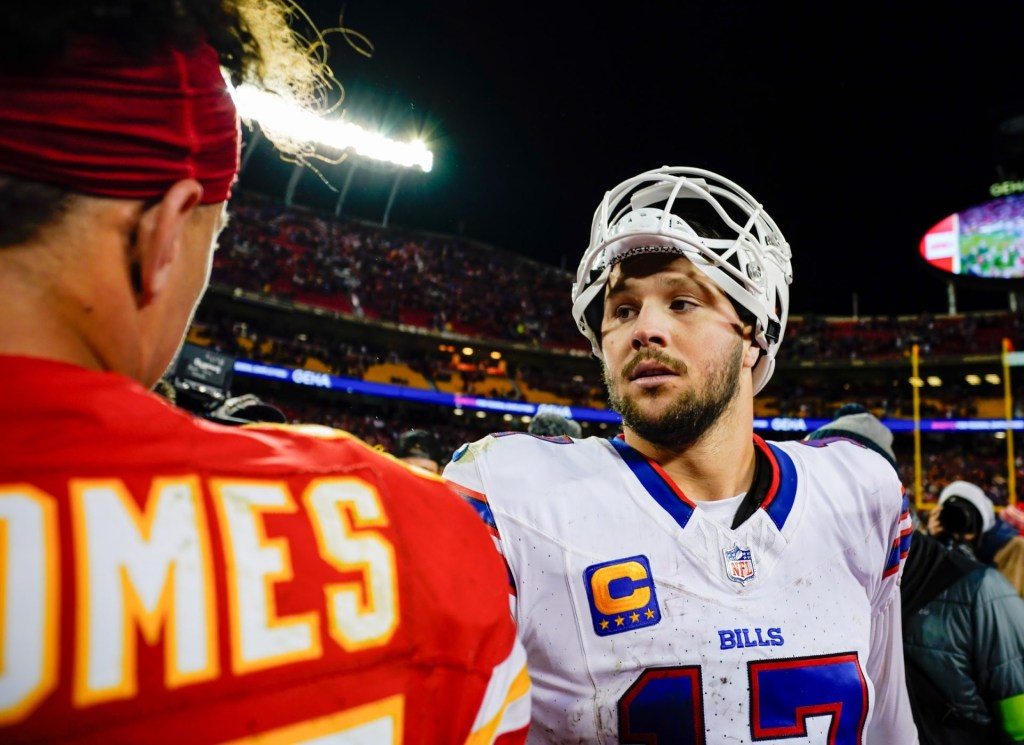One issue hangs over all others in determining the future of baseball: a possible salary cap. MLB is by far the biggest American sports league without one, and players would like to keep it that way.
Owners would not.
Tensions on the topic boiled over this summer, when Phillies star Bryce Harper told league commissioner Rob Manfred that he should “get the fuck out of our clubhouse” rather than discuss a potential capped system.
Manfred did not get out, and the battle has continued. Bruce Meyer, the deputy executive director of the players’ union, said in July that owners were pushing for a cap. “The league and some of the individual owners have made no secret that they would like to see a system that they tried to get for 50 years, which is a salary-cap system.”
Manfred—who has carefully avoided using the phrase “salary cap” in public—tried to downplay the fight Tuesday at the Front Office Sports Tuned In media summit in New York.
“The best I can tell you is what’s out there right now is noise,” Manfred told FOS reporter Eric Fisher in an onstage interview. “No decisions have been made by ownership as to strategy, actual content of what we’re going to propose. We’re a year away.”
MLB’s collective bargaining agreement with players expires after the 2026 season, and Manfred’s public comments marked a slightly more conciliatory approach than he’s taken in the past. Owners locked out the players during the last CBA negotiations, which slightly delayed the 2022 season, and he has all but said he welcomes another lockout next winter.
“The great thing about offseason lockouts is the leverage that exists gets applied between the bargaining parties,” Manfred told The Athletic in January, enraging the players’ union.
Tuesday, he did not say “salary cap” or “lockout,” instead saying the focus should be on the exciting buildup to the playoffs.
“There’s a lot of time. A lot of water’s going to go over the dam before anybody can tell you what’s going to happen with labor,” he told Fisher. “We do believe the sport has great momentum right now,” he said, citing rule changes and increased attendance. “We’d like to keep that momentum going.”
A’s, Rays, and Expansion
Manfred also touched on several other key topics in the business of baseball. He spoke extensively about the league’s ongoing media-rights negotiations, and he touched on the A’s saga and recent Rays sale.
The commissioner said “there’s no way” he would be in office to see two new expansion teams take the field, though he would like to select the cities that the league ultimately expands to.
Manfred also said he “never had one second’s doubt” that John Fisher and the A’s would end up completing their move from Oakland to Sacramento to Las Vegas; the A’s are scheduled to play in Sacramento again next year. The team held a groundbreaking in Nevada this summer.
The Rays are set to be sold for $1.7 billion to developer Patrick Zalupski, and Manfred said that with new owners, “You have to assume it’s a clean slate.” The comments are notable as the previous Rays owners had extensive and often acrimonious negotiations with local government about where a new stadium would possibly be located.
